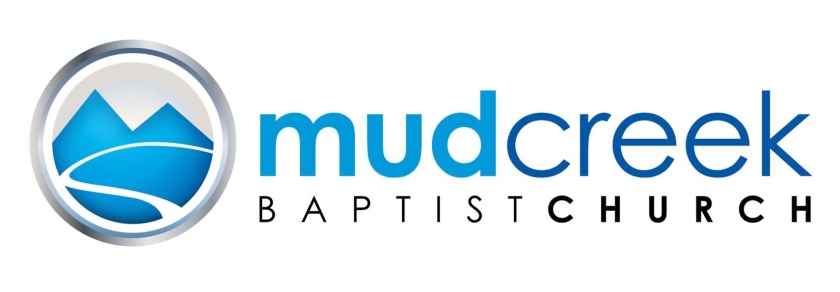
In the past 5 + years, I’ve watched our missions leave footprints all over the world. We’ve helped construct a Christian camp in New Hampshire. We have taken the gospel to Cuba. We have built homes and helped start Bible studies in Kenya. We have hosted vacation Bible schools for children in Honduras. We have shared the gospel with unreached people who’ve never heard of Jesus in India. We have helped expand agricultural missions in Haiti. In dozens of places in our community, state, nation, and around the world, we have taken the light of the world into the darkness.
Right under our own roof, we see that our kids hear the gospel in Sunday school, AWANA, evangelistic services and outreach. That same message of Jesus travels just down the road to a local elementary school where we partner with Child Evangelism Fellowship in an after school club to take Jesus there. On our campus, we hosted the Mexican Embassy to work with Mexican citizens living in the southeast US. Volunteers from Mud Creek took a “mission trip to Mexico” on our church property sharing Jesus with these Mexican citizens.
Some go. Others send. Many pray. A couple of our most active missions goers are a group of retired ladies who’ve nicknamed themselves “The Golden Girls.” They have gone on nearly every trip to Honduras and a recent one to Montana. Another group of our ladies at church makes pillow case dresses, shorts, aprons, and other handcrafted and sewn items that have been sprinkled all over the globe with our teams. Countless others give small and large amounts to these missions endeavors and those traveling on these trips. Why? Why all this going? Why all this sending?
My church gets Acts 1:8.
But you will receive power when the Holy Spirit has come upon you, and you will be my witnesses in Jerusalem and in all Judea and Samaria, and to the end of the earth.”
My church gets Luke 10:1.
After this the Lord appointed seventy-two others and sent them on ahead of him, two by two, into every town and place where he himself was about to go.
My church gets Matthew 9:37-38.
37 Then he said to his disciples, “The harvest is plentiful, but the laborers are few; 38 therefore pray earnestly to the Lord of the harvest to send out laborers into his harvest.”
We go on missions because Jesus sends. We give to missions because Jesus loves. We pray for missions because Jesus cares. My church gets this right. And that’s one reason I love my church!


